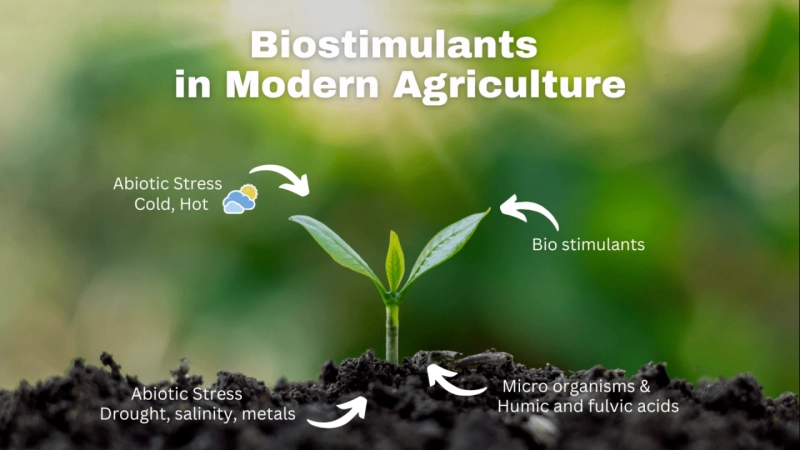In the modern era, where the challenges of population growth, climate change, and resource scarcity loom large, the marriage of biotechnology and agriculture has emerged as a beacon of hope. This synergy is not just a technological advancement; it's a revolution that is reshaping how we produce food, protect crops, and ensure sustainable livelihoods for generations to come. This article delves into the profound impact of biotechnology in agriculture, exploring its applications, benefits, and the path it carves towards a more resilient and nourished planet.
Unveiling the Power of Biotechnology in Agriculture
At its core, biotechnology involves harnessing living organisms, cells, and their components to develop innovative products and solutions. In agriculture, biotechnology amplifies the potential of crops, optimizes land use, and mitigates the environmental impact of traditional farming practices. From seed to harvest, every stage of the agricultural cycle is being transformed by the precision and ingenuity of biotechnology.
Key Applications of Biotechnology in Agriculture
Genetic Modification: Biotechnology enables the modification of plant genetics to enhance desirable traits. Genetically modified (GM) crops are engineered for increased yield, resistance to pests and diseases, and improved nutrient content. These modifications can lead to crops better equipped to thrive in changing climatic conditions.
Precision Farming: Biotechnology integrates data analytics, sensors, and satellite imagery to enhance the efficiency of farming operations. This ensures that crops receive the right amount of water, nutrients, and care, minimizing waste and maximizing yield.
Biopesticides and Biofungicides: Biological solutions are developed through biotechnology to combat pests and diseases. Biopesticides derived from microorganisms provide targeted protection without the ecological hazards of traditional chemical treatments.
Stress Tolerance: Biotechnology aids in engineering plants that are more resilient to extreme weather conditions, such as drought, floods, and temperature fluctuations. This resilience ensures better crop survival and yield stability.
Nutrient Management: Biotechnology enhances nutrient availability by improving the efficiency of nutrient absorption by plants. This minimizes the need for synthetic fertilizers and reduces nutrient runoff, curbing environmental pollution.
Benefits of Biotechnology in Agriculture
Increased Yield: GM crops can yield more produce, addressing the challenges of food security as the global population grows.
Reduced Environmental Impact: The use of biopesticides, reduced chemical inputs, and optimized resource utilization contribute to a more sustainable agricultural ecosystem.
Improved Nutrition: Biotechnology can enhance the nutrient content of crops, tackling malnutrition and offering healthier options to consumers.
Conservation of Biodiversity: Biotechnology aids in safeguarding native plant species by reducing the pressure on land and optimizing cultivation practices.
Resilience to Climate Change: Biotechnology equips crops with the tools to thrive despite unpredictable weather patterns and climate-related stressors.
The Promise of a Greener Tomorrow
As we stand on the cusp of an agricultural revolution, the integration of biotechnology is offering a glimpse into a more promising future. It's a future where crops are hardier, yields are higher, and the balance between food production and environmental preservation is delicately maintained. The advancements in biotechnology are not just technological breakthroughs; they're the embodiment of our commitment to nourish the planet and its inhabitants responsibly.
Conclusion: Sowing Seeds of Progress
Biotechnology in agriculture is more than a scientific endeavor; it's a moral obligation to feed a growing world sustainably. Through this partnership between science and nature, we are sowing the seeds of progress, nurturing innovation that holds the key to our planet's well-being. As we cultivate fields enriched by biotechnology, we cultivate a future where food security, ecological harmony, and human prosperity are intertwined.


